
Arizona's story was forged by women from all backgrounds — indigenous leaders who improved lives here before statehood, pioneers who moved here from elsewhere to make their marks, Latinas and Black women who fought here for civil rights.
The state has a long history of trailblazing women who helped establish communities and fought for women's suffrage before statehood, winning the right to vote eight years before the nation followed suit.
"The women really won the West, not the men," Polly Rosenbaum, one of such women, once said. "The women are the ones who got the libraries and worked for the schools."
That pioneering tradition continued when women held the five elected executive offices in the state in 1998. Led by Gov. Jane Dee Hull and dubbed the "Fab Five," they represent the highest number of women to serve in a state's highest elected offices at any given time, according to the state library.
In August, America will mark the 100th anniversary of the 19th Amendment, when women gained the legal right to vote. In commemoration of this occasion, the USA TODAY Network is naming 10 American women from all 50 states, and the District of Columbia, who have made significant contributions to their respective states and country, as Women of the Century.
The women were expected to have a track record showing outstanding achievement in one of 11 areas: arts and literature, business, civil rights, education, entertainment, law, media, nonprofits and philanthropy, politics, science and medicine, or sports. Other requirements included U.S. citizenship and having lived between 1920 and 2020.
Arizona's list was compiled by an expert panel of women both inside and outside our newsroom who led in various ways across industries.
These 10 women exemplify this trailblazing Arizona spirit, making major strides in politics, civil rights, health, law and entertainment.
But choosing just 10 women was near impossible, especially in a place so full of women who led and continue to lead the way.
Several women nearly made the list. They include Josefina Carrascoso Franco, who started the Spanish-language newspaper El Sol in Phoenix in 1937, and Rose Mofford, who was Arizona's first female secretary of state and first female governor. They include Marietta Cooper Bryant and Daisy Nelson Moore, who fought — and won — a court battle to teach in Arizona schools at a time when Black teachers weren't allowed to lead integrated classrooms.
Sandra Day O’Connor
First woman to serve as a U.S. Supreme Court justice
(1930- )
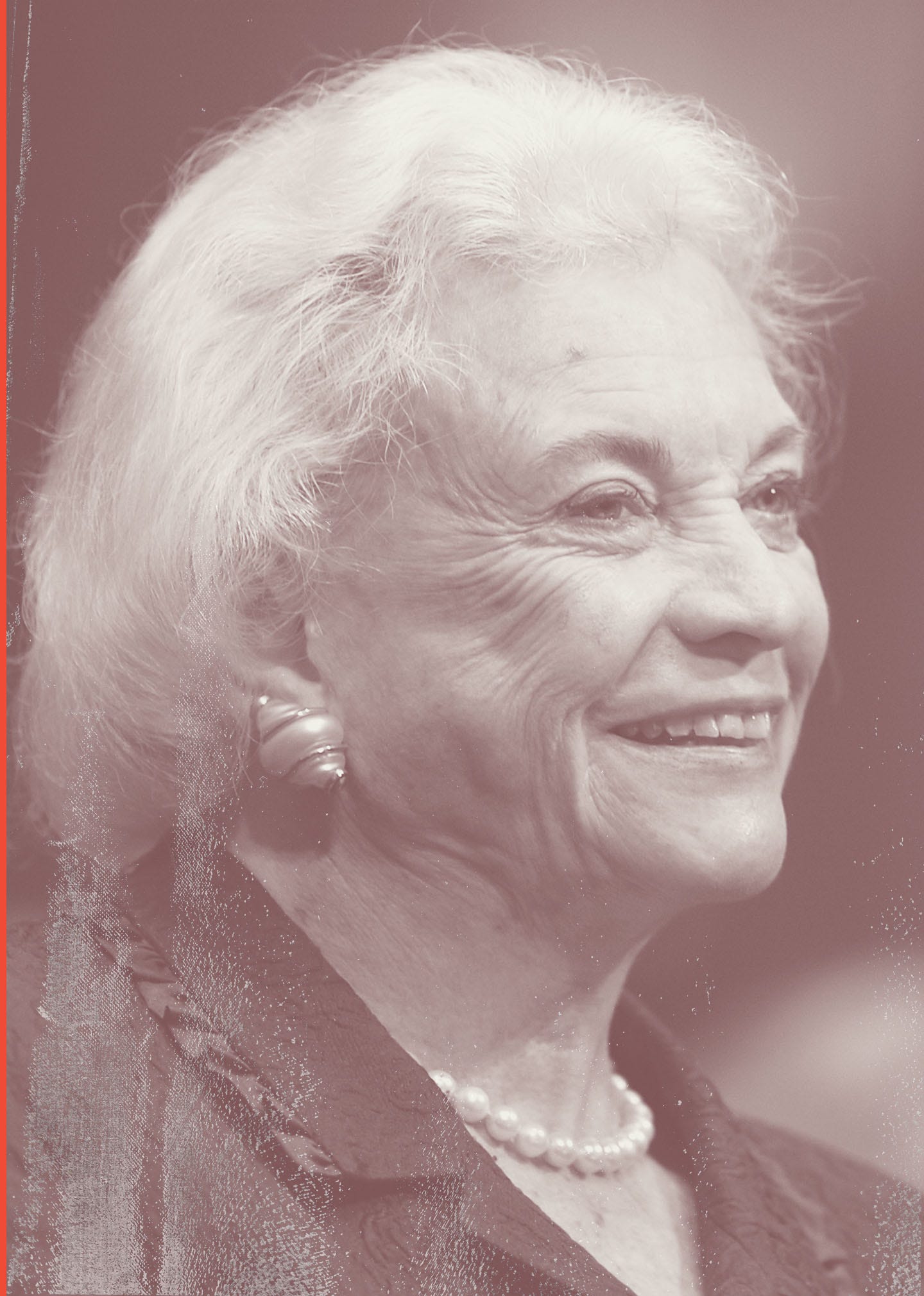
Sandra Day O’Connor gained international recognition as the first woman to serve as a U.S. Supreme Court justice.
Appointed by Republican President Ronald Reagan in 1981, she held a seat on the nation’s highest court for nearly 25 years. The court grew more conservative during her tenure, and O’Connor frequently became the key vote that determined important cases.
O'Connor was born in El Paso, but she is Arizonan through and through. Raised on the dusty, isolated Lazy B Ranch in southeastern Arizona, she was a pioneer all her life.
She enrolled at Stanford University at age 16 and graduated from law school at 22.
O’Connor was Arizona’s first female Senate majority leader before serving as a trial and appeals court judge in the state.
After her retirement from the Supreme Court in 2006, she continued to advocate for civics education in the U.S. and judicial independence across the globe.
Jean Fairfax
Educator, civil rights worker, community organizer and philanthropist
(1920-2019)
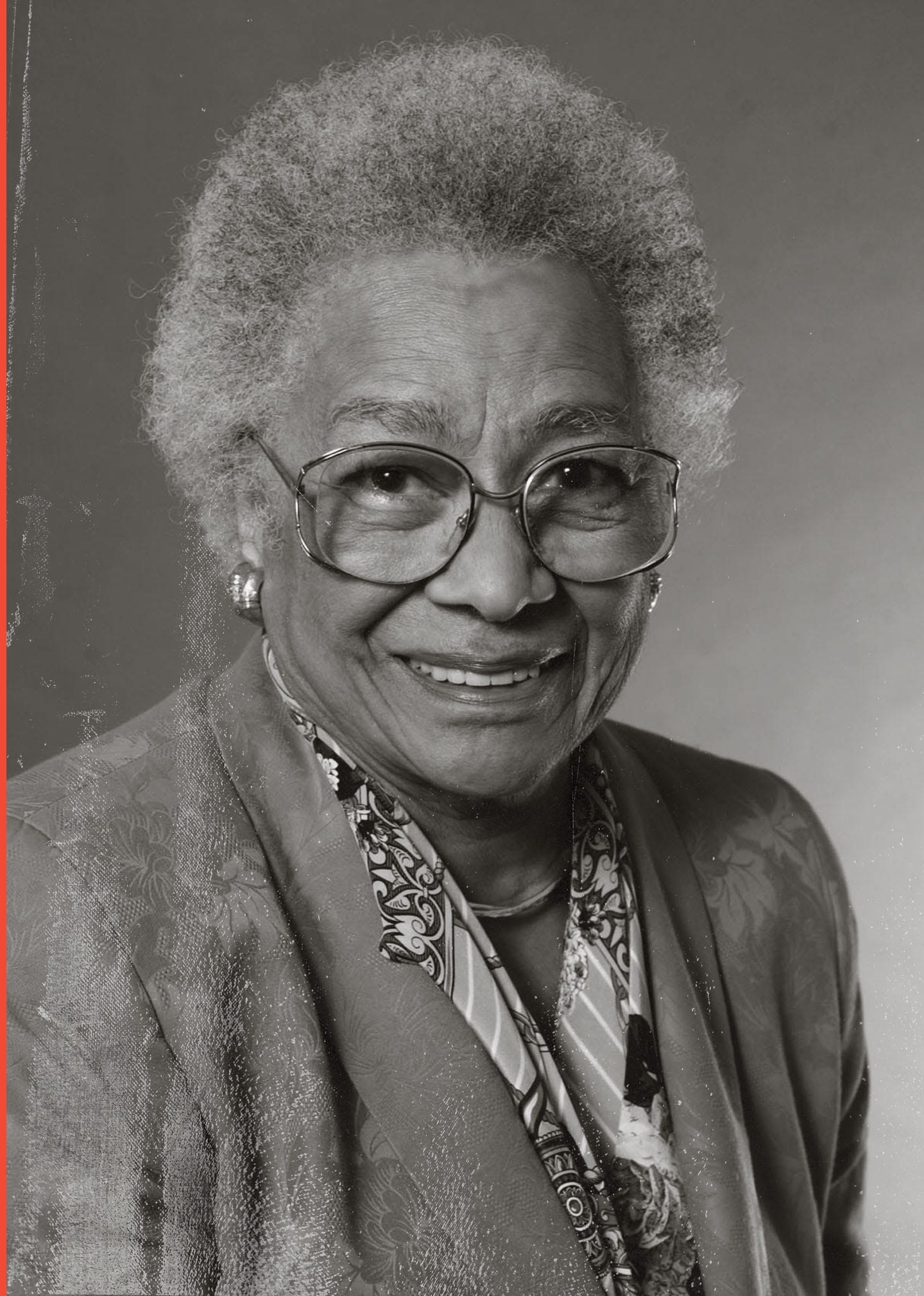
Jean Fairfax's work in education and civil rights made a mark on Arizona and the country.
She is often referred to as one of the unsung heroes of the Civil Rights Movement, serving as the NAACP Legal Defense Fund’s director of community services from 1965 to 1984.
She worked with Black families involved in the desegregation of schools in Mississippi and fought to prevent the downgrading of historically Black colleges, according to a biography published by the NAACP Legal Defense and Educational Fund.
While other states may rightfully claim her as their own, Fairfax's impact on Arizona was monumental.
She moved to Phoenix in the 1980s, where she and her sister Betty established the Betty H. & Jean E. Fairfax Fund for Educational Equity to expand education opportunities for Black and Latino students in Arizona.
Her obituary noted the variety of organizations and causes she supported in her lifetime, including efforts to improve housing, health care, criminal justice and the arts.
Before working for the NAACP, she served as dean of women at Kentucky State College and as dean of women at Tuskegee Institute in Alabama.
Polly Rosenbaum
Arizona’s longest-serving state lawmaker
(1899-2003)
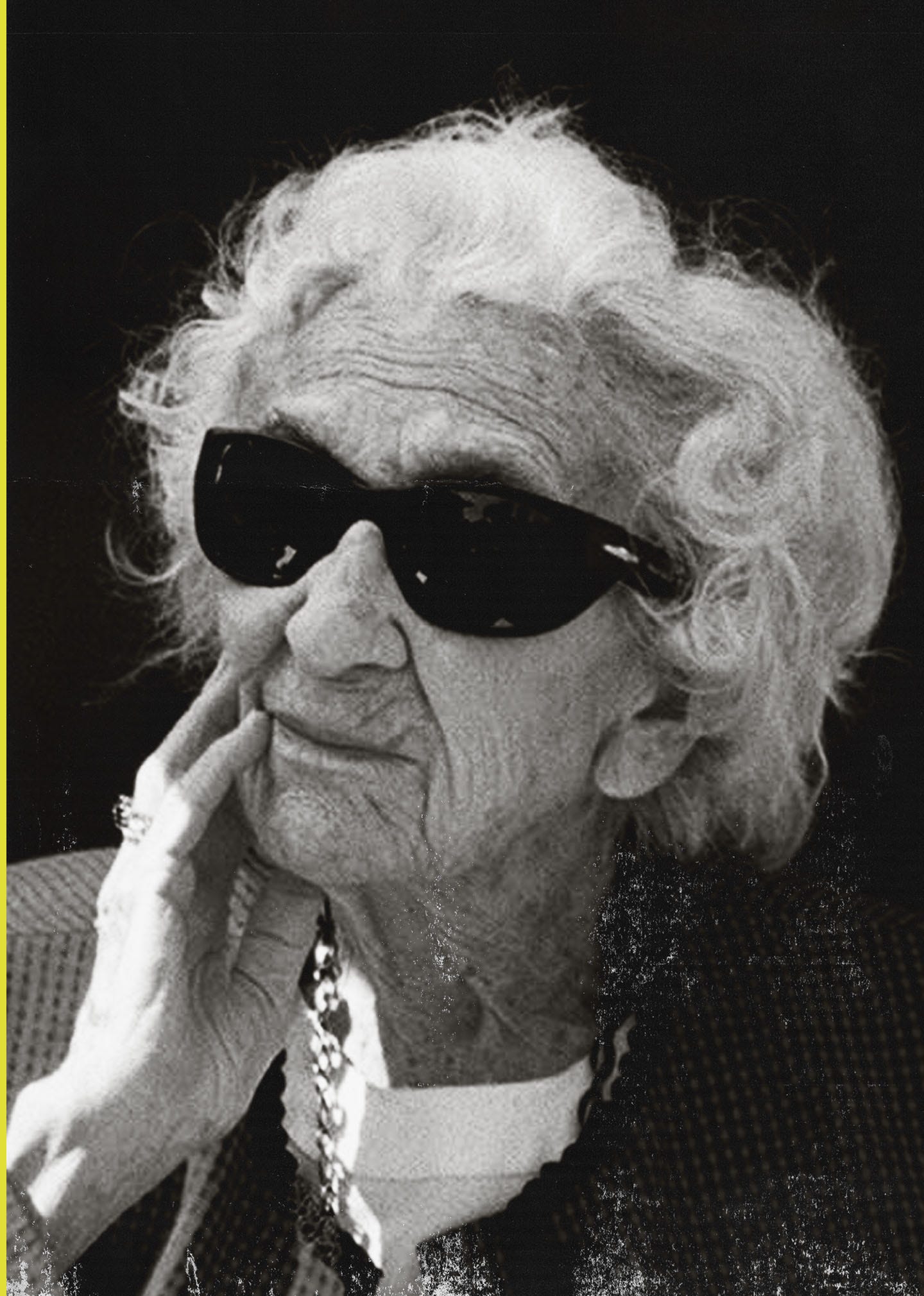
Democrat Edwynne Cutler "Polly" Rosenbaum was Arizona’s longest-serving state lawmaker, known for her efforts on behalf of Arizona's rural areas and education.
A former teacher, her legislative achievements centered on schools, libraries, museums and historic preservation.
She represented her Gila County district for 46 years after being named in 1949 to replace her husband in the seat after his death.
Many lawmakers considered her the most influential person at the state Legislature. She chaired the House Administration Committee for 16 years and also chaired the House Education Committee, spearheading a bill in 1964 providing education for students physically unable to attend school.
Former Gov. Rose Mofford once said, "Polly was Polly, and she was there to do a job and that was to represent her constituents, and do the best she could for the State of Arizona overall."
An annual dinner in Rosenbaum's name in Greenlee County honors her legacy.
Gabrielle Giffords
Youngest woman ever elected to the Arizona state Senate
(1970- )
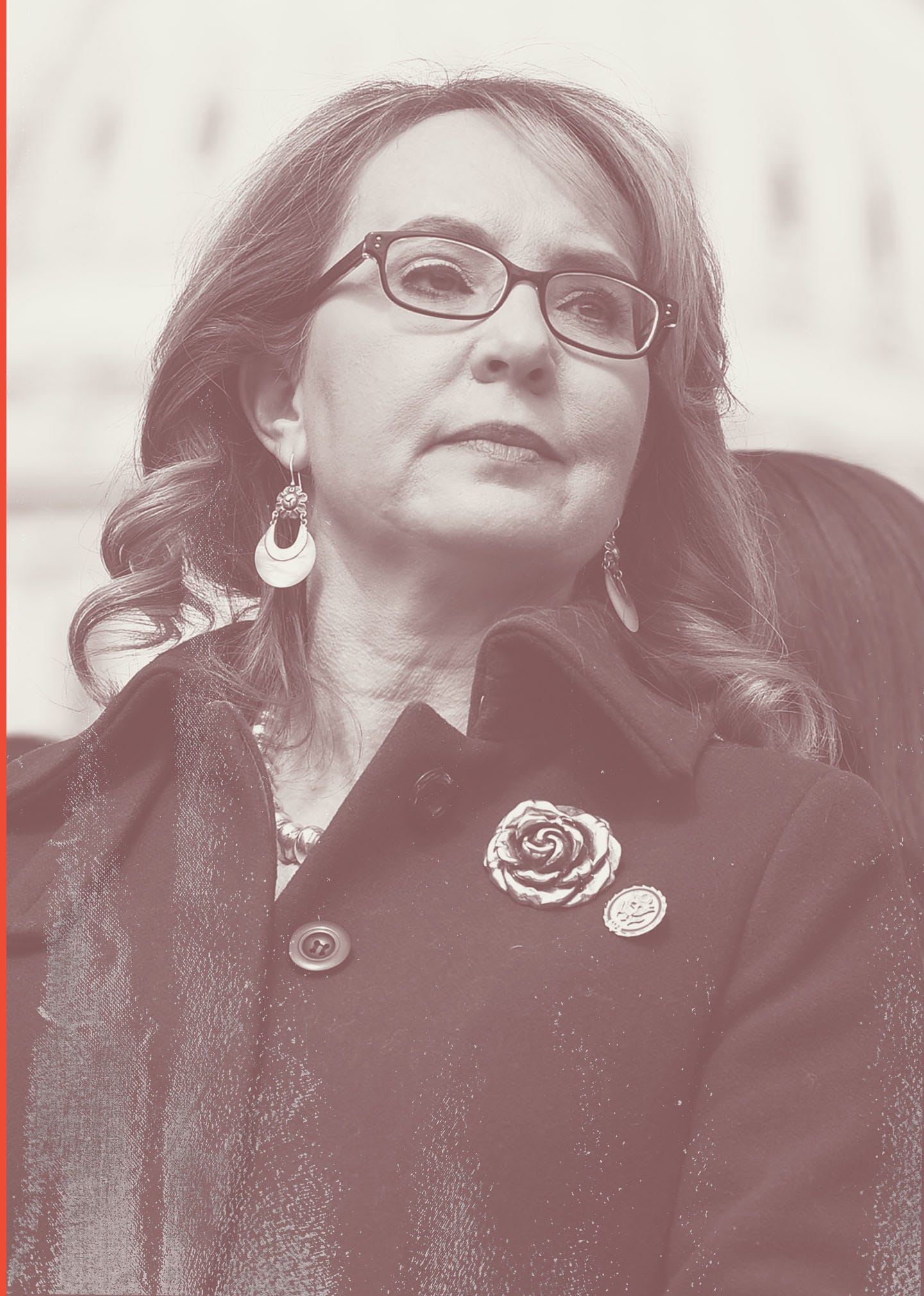
Then-U.S. Rep. Gabrielle Giffords was shot in the head at a “Congress On Your Corner” constituent event near Tucson on Jan. 8, 2011.
Six people died and 13, including Giffords, were injured.
Her injuries altered her life and her work, both of which have changed immeasurably since then.
Giffords and her husband, retired astronaut Mark Kelly, have made improving gun laws in the U.S. a mission through the national anti-gun-violence organization they formed, now called Giffords. Kelly is now running for U.S. Senate in Arizona.
Born in Tucson and known as a centrist and a collaborator, Giffords was the youngest woman ever elected to the Arizona Senate, where she served from 2003 to 2005. She served in Congress from 2007 to 2012.
Terri Cruz
Community and civil rights leader
(1927-2017)
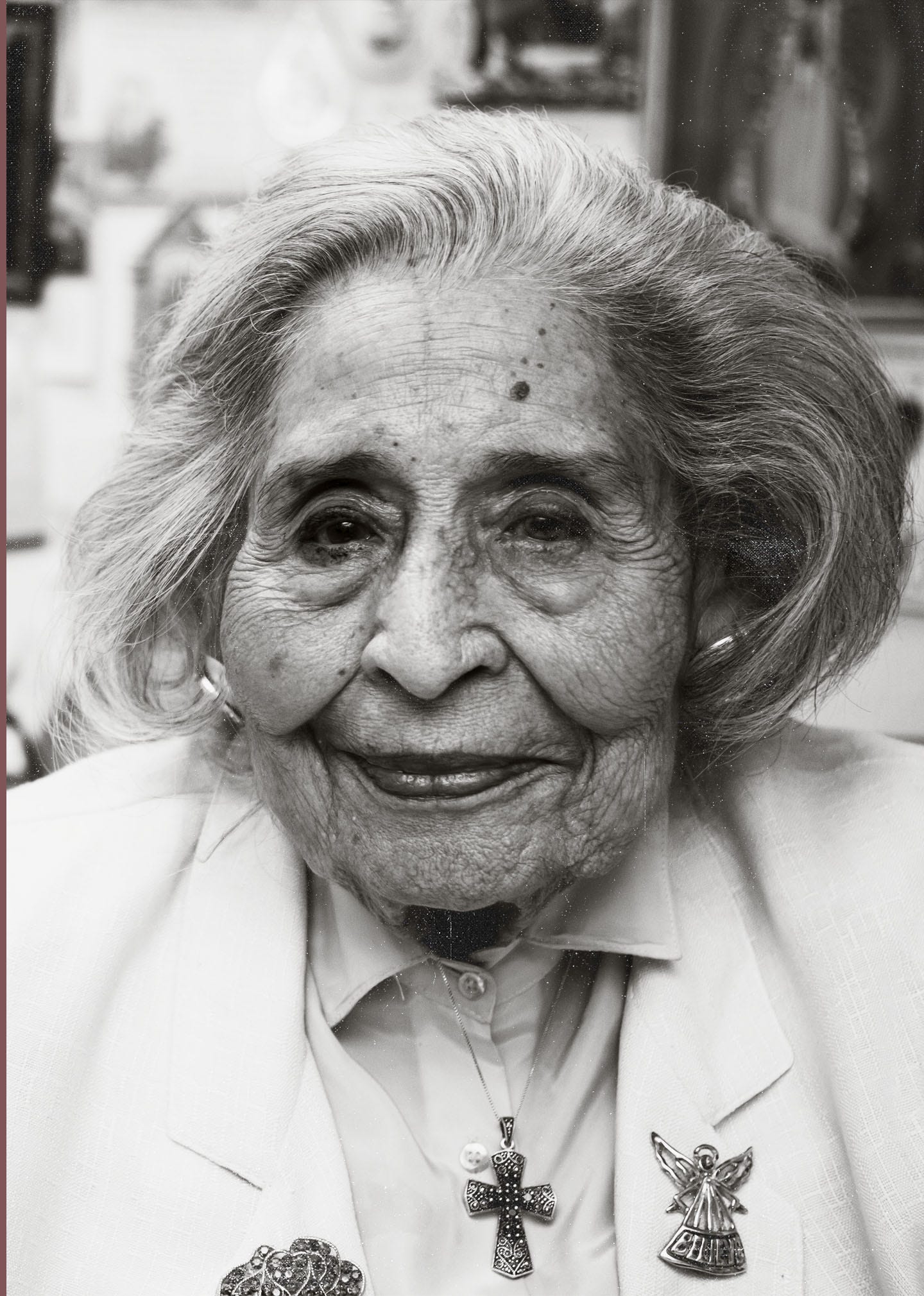
Terri Cruz, a community and civil rights leader, was a founding board member of the social-services agency Chicanos Por La Causa.
Her work advocated for the social well-being of thousands of Arizonans.
Cruz babysat and scrubbed floors for a living before being encouraged to become politically active.
She was one of 15 people who formed CPLC to battle civil-rights issues, including police brutality, farmworker injustices and education discrimination in the Hispanic community.
She played a key role in organizing a 1970 boycott of Phoenix Union High School. The boycott, during which 2,000 Mexican-American students refused to attend classes, was to protest educational equity issues, such as programs that funneled Hispanic students into trades instead of college as well as the lack of books reflecting Mexican-American history.
Annie Dodge Wauneka
Tribal leader of the Navajo Nation and public health activist
(1910-1997)
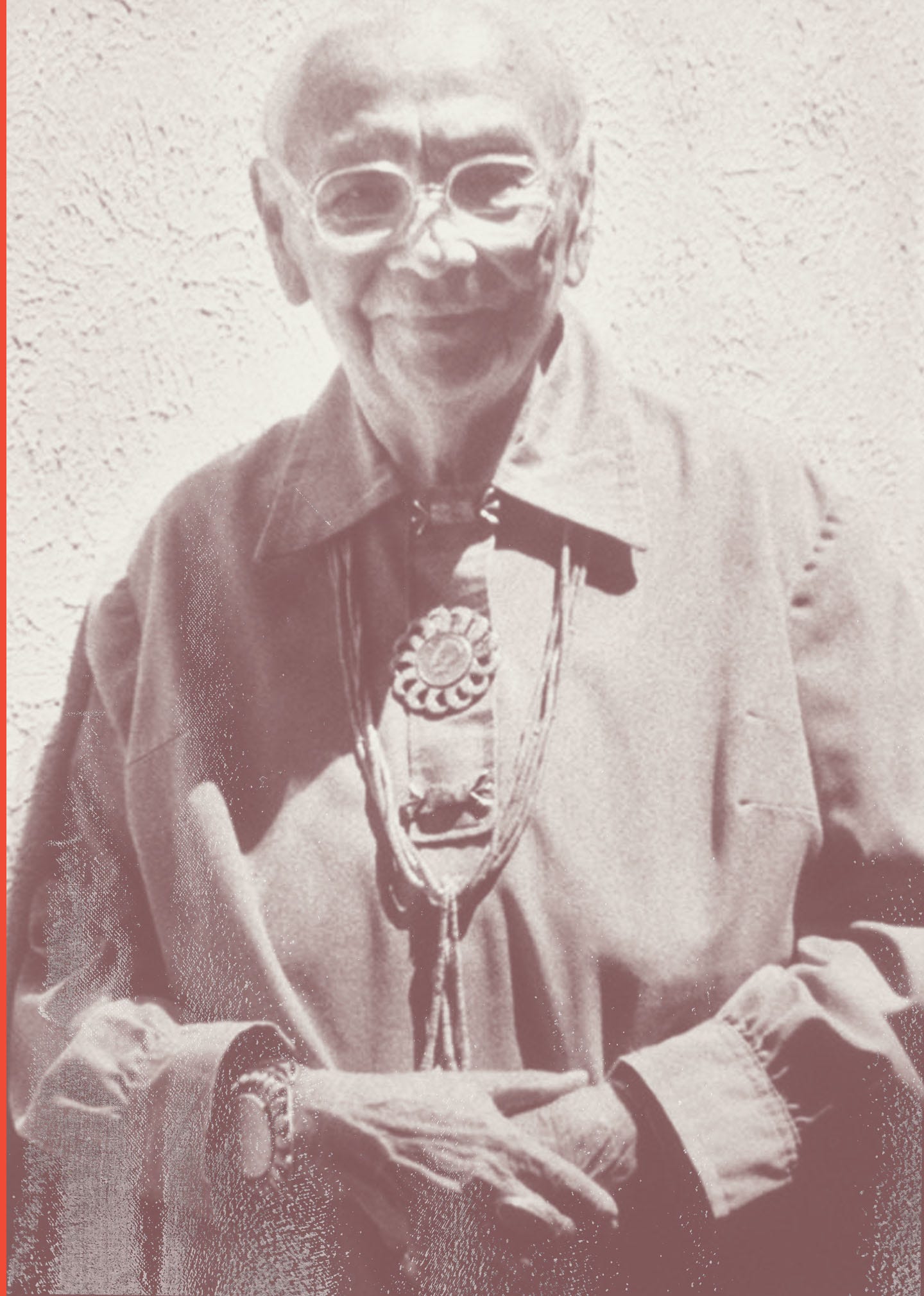
Annie Dodge Wauneka spent her life working to improve the health and welfare of the Navajo Nation.
She was elected to the Navajo Tribal Council in 1951 and served for 27 years.
She has been called the "legendary mother" of the Navajo Nation.
Experiencing the 1918 flu pandemic as a child informed her focus on health issues.
She concentrated on eradicating tuberculosis, reducing infant mortality and promoting vaccinations. She fought for sanitary conditions and clean drinking water. She wrote a dictionary to translate English words into Navajo for modern medical techniques and delivered weekly radio broadcasts about the need for those with tuberculosis to seek medical assistance.
In 1963, President Lyndon Johnson presented her with the Medal of Freedom, the nation’s highest civilian honor. She was the first Native American to receive the award.
Diane Enos
Former president of the Salt River Pima Maricopa Indian Community
(1949- )
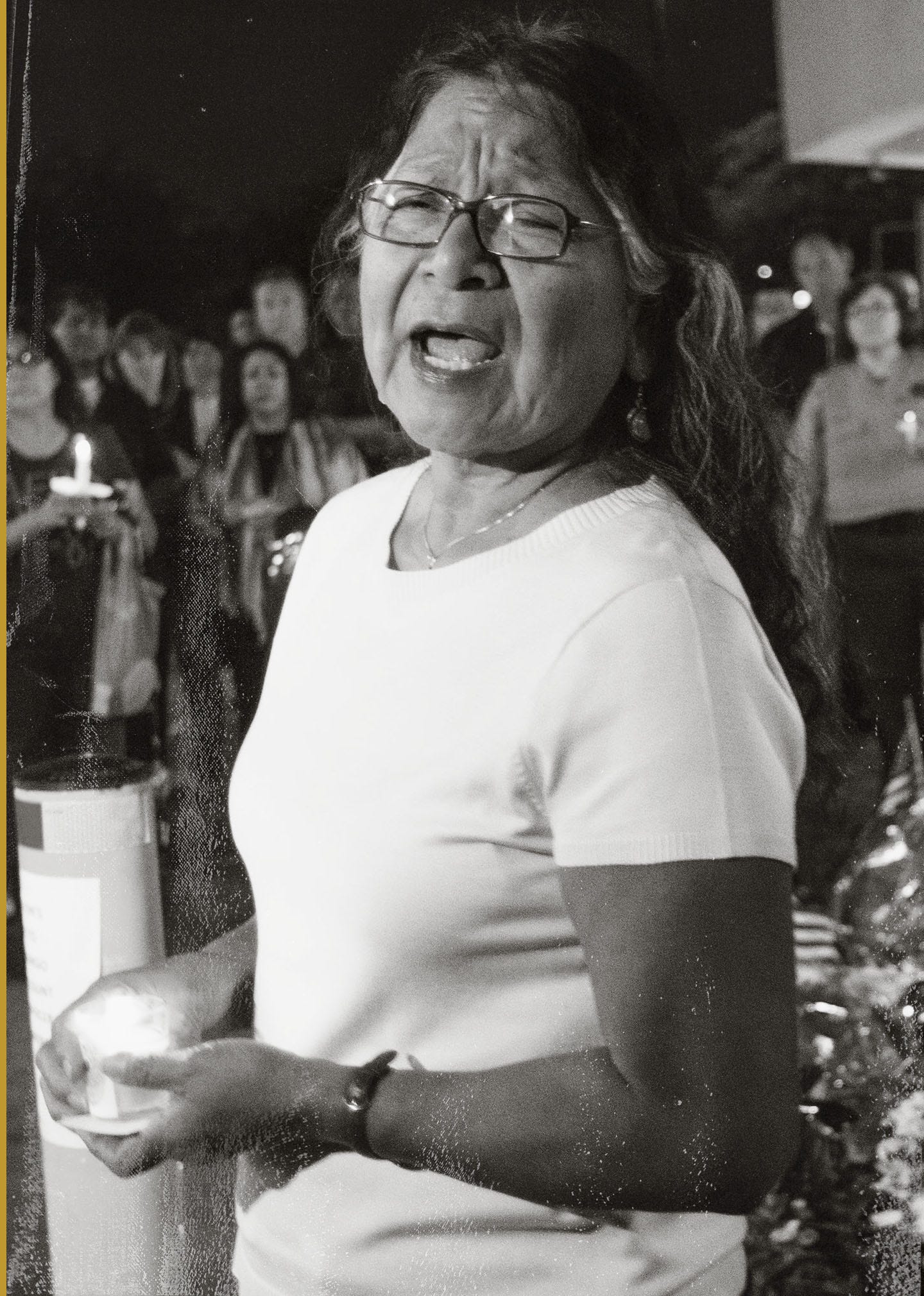
Diane Enos is a past president of the Salt River Pima Maricopa Indian Community and continues to serve her community as a member of the community’s tribal council.
During her tenure as president, she focused on the needs of children and economic development.
She is a past chair of the executive board for the Inter-Tribal Council of Arizona. She also is a past chairwoman of the Tribal Nations Leadership Council, which advises the U.S. attorney general on matters related to tribal law and order.
Enos was a senior trial attorney for the Maricopa County Public Defender’s Office before serving as tribal president.
And she has another side to her personality besides the politician’s: She is a painter at heart, with an undergraduate degree in fine arts, she told AZ Big Media in 2013.
Frances Willard Munds
Leading voice for women’s suffrage and the first female Arizona state senator
(1866-1948)
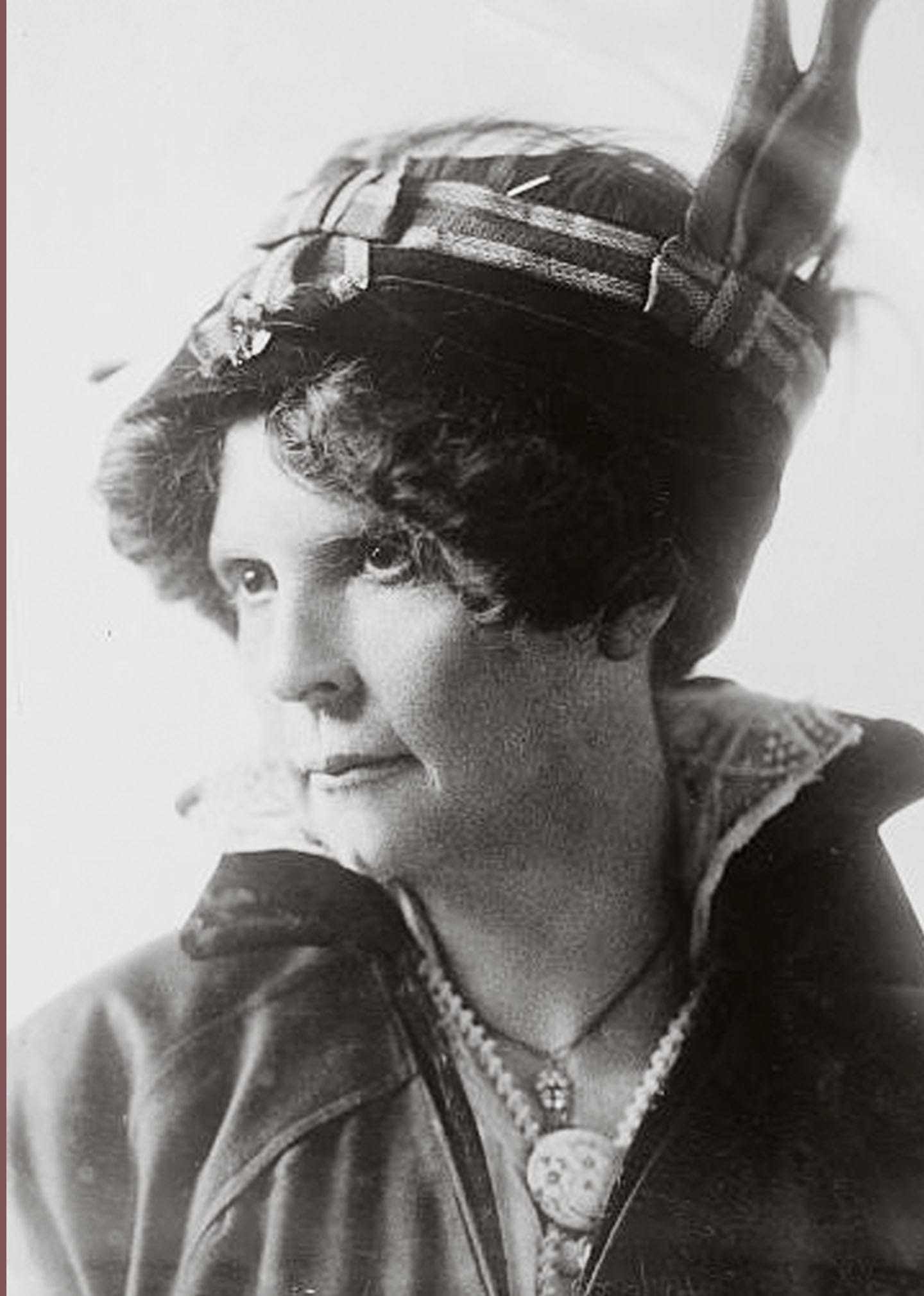
Frances Willard Munds of Prescott was a leading voice for women’s suffrage, which Arizona women won years before women’s right to vote became universal in the United States.
She was elected in 1914 as a senator in the second Arizona Legislature. Munds was the first woman elected to the Arizona State Senate and the second female state senator in the United States, according to the state library.
Her work on women's suffrage included involvement in the Arizona Women’s Christian Temperance Union and the Arizona Equal Suffrage Association. She was the president of the state suffrage association for three years and continually fought for suffrage to be included in political platforms.
While Arizona was crafting its state constitution, Munds advocated for a pro-suffrage plank to be included, according to the state library. This effort was unsuccessful, but suffrage soon would succeed despite it.
The initiative process outlined in Arizona's Constitution became the suffrage movement's success: Arizona women won the right to vote via a voter initiative shortly after Arizona gained statehood in 1912.
Pearl Tang
First female Chinese American doctor in Arizona
(1922- )
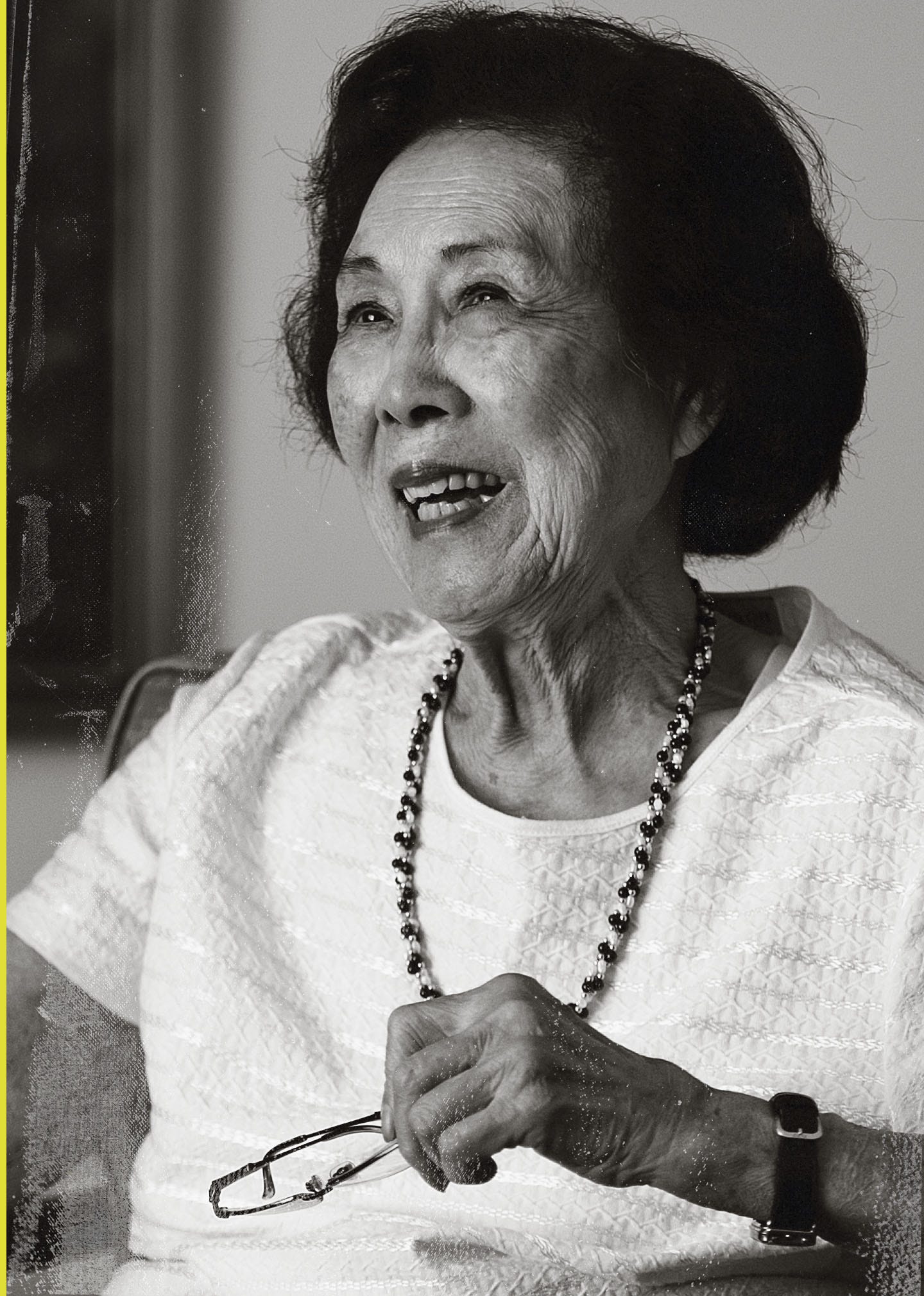
Dr. Pearl Tang, a Chinese immigrant, was the first female Chinese American doctor in Arizona and a champion for women and children’s health and welfare.
She became a doctor for Maricopa County and developed an immunization program for children in county schools, according to a biography created for a 2015 lifetime achievement award Tang received.
Between 1960 and 1984, she created and led programs that drastically lowered the county’s infant mortality rate.
She eventually became the chief of Maricopa County Bureau of Maternal and Child Health.
She also used her position to fight for equal pay for female physicians, the lifetime achievement biography notes.
Linda Ronstadt
Music icon who spanned genres of folk, country, rock, pop, Latin and opera
(1946- )
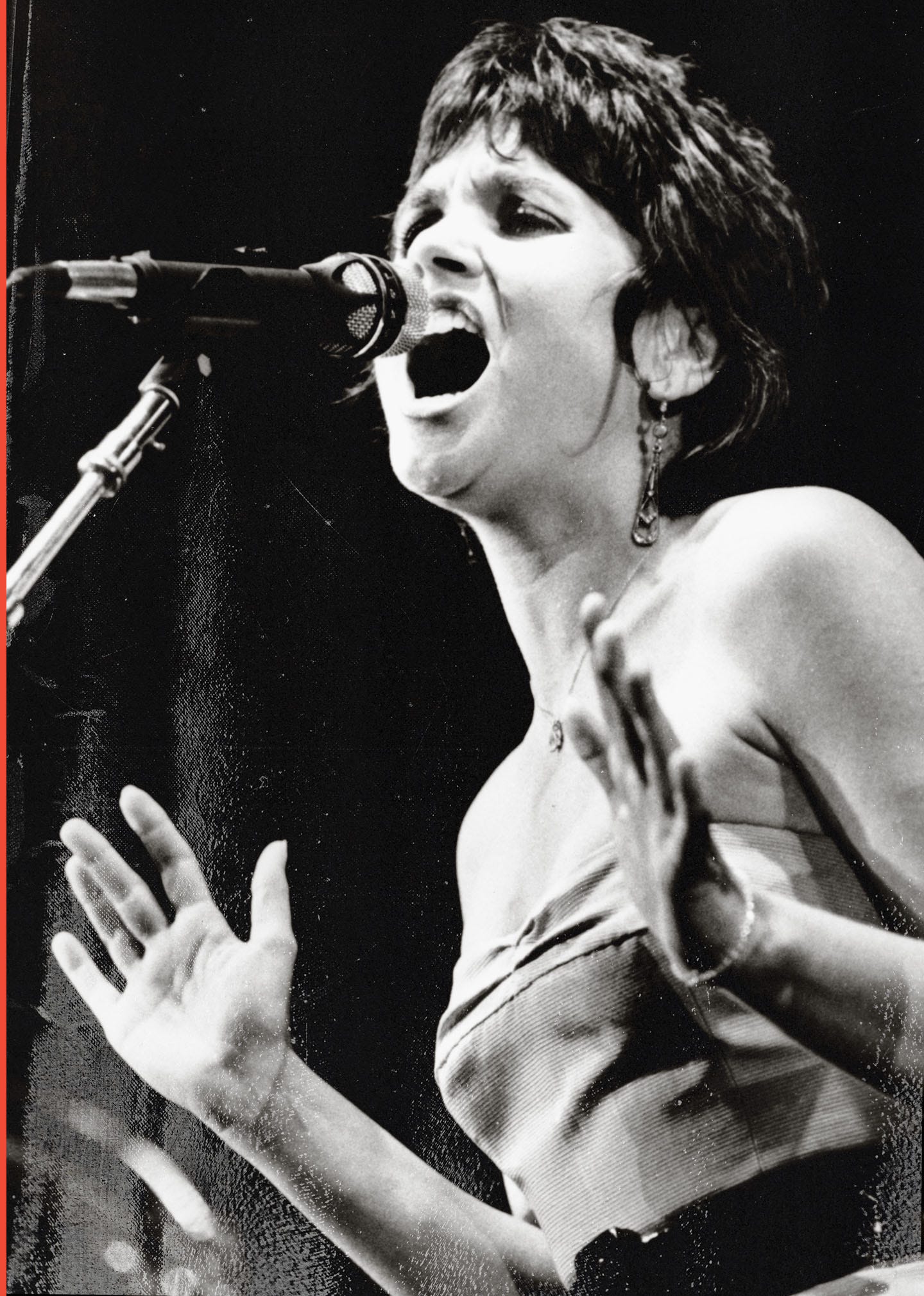
With deep Tucson roots, Linda Ronstadt is one of the most successful female singers of her generation, known for hits including "When Will I Be Loved" and "Blue Bayou."
She had a career-defining run of 10 top 20 singles, from 1975's "You're No Good" to 1980's "Hurt So Bad."
She earned a Tony nomination in 1981 for her role as Mabel in "The Pirates of Penzance." She then moved on from the country, pop and rock sound, recording albums celebrating the great American songbook.
These were followed by 1987's "Canciones De Mi Padre," the singer's first album of traditional Mexican mariachi music.
She's won lifetime achievement awards from both the Grammys and the Latin Grammys.
Ronstadt was inducted to the Rock & Roll Hall of Fame in 2014.
Contributing: Arizona Republic reporters Daniel Gonzalez, Laura Gómez and Ed Masley
Special thanks to Arizona Women of the Century judges: Cherie Bond of ADP; Eliza de la Vara of the Arizona Community Foundation; Leezie Kim, former deputy general counsel for the U.S. Department of Homeland Security; Debbie Nez-Manuel, recipient of the 2016 Arizona Governor’s Service to Others volunteer award; Denise Resnik of Southwest Autism Research & Resource Center; Melanie Sturgeon of the Arizona Women’s History Alliance; and Elvia Diaz and Mary Jo Pitzl of the Arizona Republic.
Sources used in the Women of the Century list project include newspaper articles, state archives, historical websites, encyclopedias and other resources.